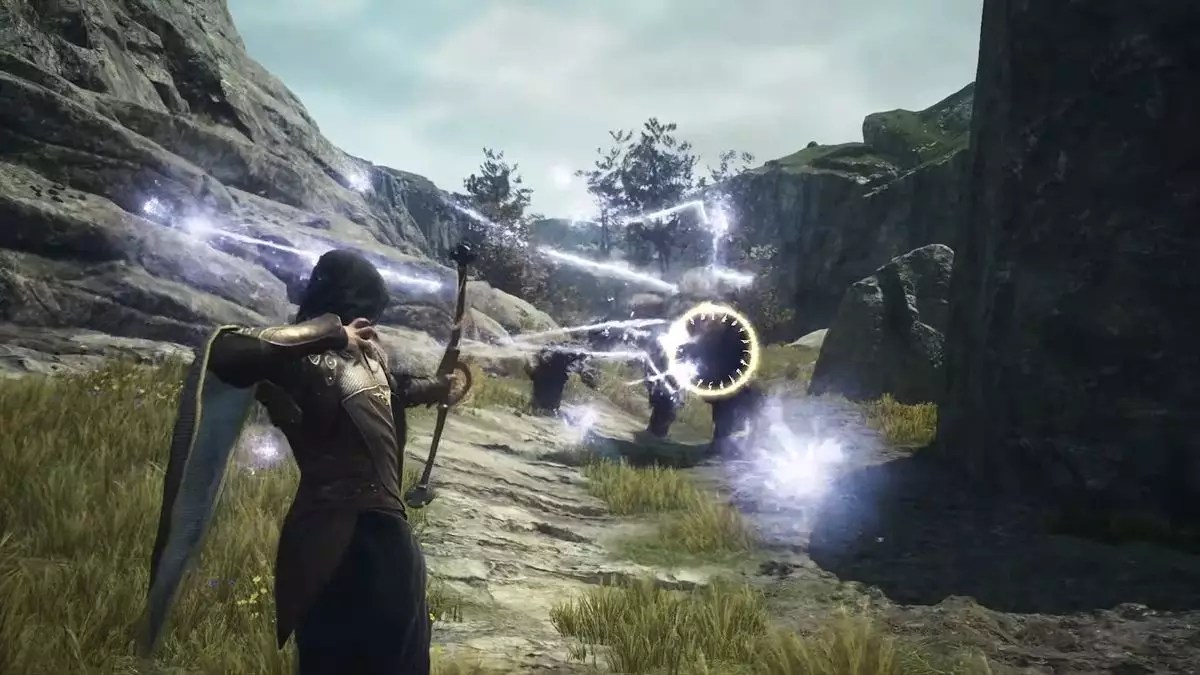When it comes to open-world RPGs, the journey itself is often just as important as the destination. Games like Skyrim, Fallout: New Vegas, and Dragon’s Dogma 2 have all implemented the concept of expeditionary design to create a more immersive player experience. These games send players on long journeys across vast landscapes, encouraging organic exploration and discovery.
The critical path in a game can significantly impact the player’s experience. In Fallout 3, Bethesda guides players through a relatively linear main quest that keeps them confined to a smaller portion of the map. On the other hand, New Vegas takes a different approach by sending players on longer journeys across the Mojave Desert. This design choice encourages players to explore the world and discover hidden treasures along the way.
Fast travel has become a common feature in many open-world games, allowing players to teleport between locations quickly. However, in Dragon’s Dogma 2, director Hideaki Itsuno has emphasized the importance of the journey itself. By limiting fast travel options and encouraging players to travel on foot, the game’s world feels more immersive and engaging. Players are rewarded for exploring and taking the scenic route.
One of the key components of open-world RPGs is the joy of exploration. In Dragon’s Dogma 2, players are constantly encouraged to venture off the beaten path and discover new adventures. Whether it’s stumbling upon a group of giants or facing off against a griffin, the game’s world is full of surprises that can only be experienced through exploration. Itsuno’s focus on freedom and discovery adds depth to the game’s world and keeps players engaged.
Long journeys in open-world RPGs often lead to memorable moments that stick with players long after the game is over. Whether it’s a thrilling battle against a powerful enemy or a chance encounter with an NPC, these moments define the player’s experience and create a lasting impression. Games like Skyrim and New Vegas understood the importance of these moments, and Dragon’s Dogma 2 continues this tradition by offering a world full of surprises and challenges.
The art of long journeys in open-world RPGs is essential to creating a rich and immersive player experience. By encouraging exploration, limiting fast travel, and creating memorable moments, games like Dragon’s Dogma 2 elevate the genre and offer players a world worth discovering. The journey may be long, but the rewards are well worth the effort.


Leave a Reply